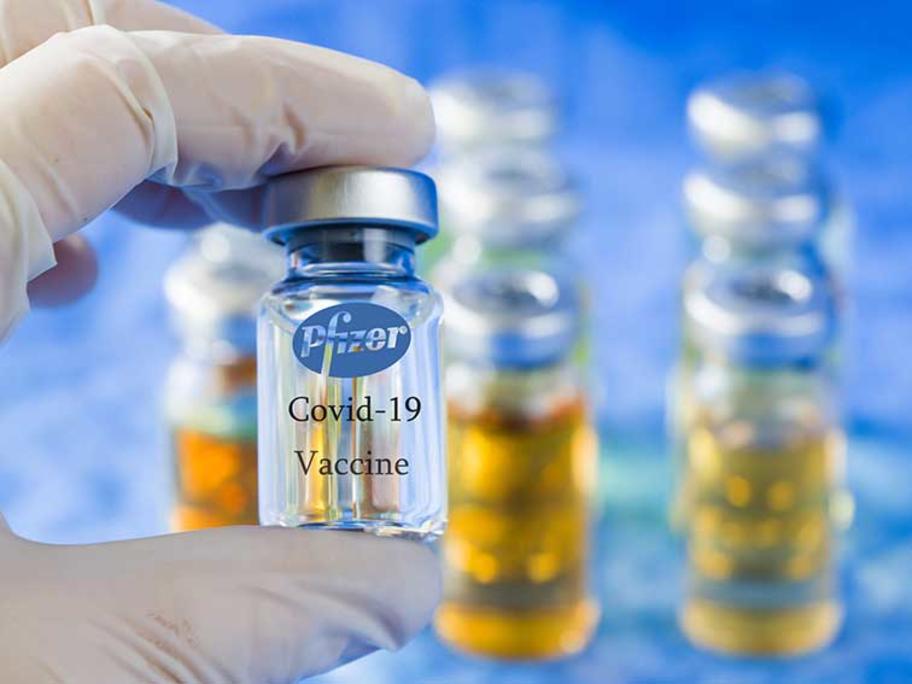Here is the lowdown on Pfizer’s COVID-19 vaccine
AUSTRALIAN DOCTOR NEWS
Study gives efficacy ‘estimates’ by age and some comorbidities, although the data cannot be definitive,14th December 2020 by Antony Scholefield
The long-awaited publication of peer-reviewed trial results of Pfizer’s mRNA COVID-19 vaccine has revealed evidence of the vaccine’s efficacy in patients aged 55-75 and other groups at high risk of severe disease.

The study, published on Thursday in the New England Journal of Medicine, reports the data for about 44,000 participants across six countries in the phase III trial, half of whom received a saline injection as placebo.
Its publication comes as the UK continues its rollout of the BNT162b2 vaccine, sponsored jointly by Pfizer and BioNTech, and as the US prepares to start vaccinations this week after the FDA granted the vaccine emergency authorisation on Friday.
Eight COVID-19 infections were identified in the vaccine arm compared with 162 in the placebo arm, which resulted in the conclusion that vaccine was 95% efficacious overall.
Despite saying the study was not high-powered enough to “definitively” assess the efficacy in various subgroups, the authors said the lower-bound estimates for almost all subgroups were well over the 30% minimum threshold expected by drug regulators.
For 7500 participants aged over 55 who received the vaccine, the estimated efficacy was 94% with upper and lower bounds of 81-99%, based on three infections in the vaccine group and 48 in the control group.
Similarly, for 3800 participants aged over 65, efficacy was estimated at 95% (confidence interval 67-99%) based on one infection in the vaccine group and 19 in the control group.
And 95% efficacy was also the estimate for the 6000 people with obesity (defined as a BMI of 30 kg/m2 or more), and for people with hypertension.
Both groups are known to be at high risk of severe COVID-19.
Although some early media reports had said the vaccine provided 100% efficacy in the over-75s — with no cases of COVID-19 in the vaccine arm, compared with five in the placebo arm — this result failed to reach statistical significance because of low numbers (774 given the vaccine).
A linked editorial by the journal’s editor-in-chief and deputy editor said that the trial was “a triumph”.
“Most vaccines have taken decades to develop but this one is likely to move from conception to large-scale implementation within a year.”
They acknowledged “minor issues” with the study, including the number of severe cases being too small to show whether the “rare cases” occurring in vaccinated patients were more or less severe than those in other patients.
There were 10 severe cases of COVID-19 in all, with one in a person who had received the vaccine.
Infection rates between groups started diverging 12 days after the first dose, suggesting this was when some level of protection kicked in.
Just one dose appeared to confer 52% protection, the authors said, while both doses given 21 days apart led to 91% protection by seven days after the second dose.
With a median of two months of follow-up data, safety was “similar to that of other viral vaccines”, the authors concluded.
Australia has signed a contract for 10 million doses of the vaccine.

